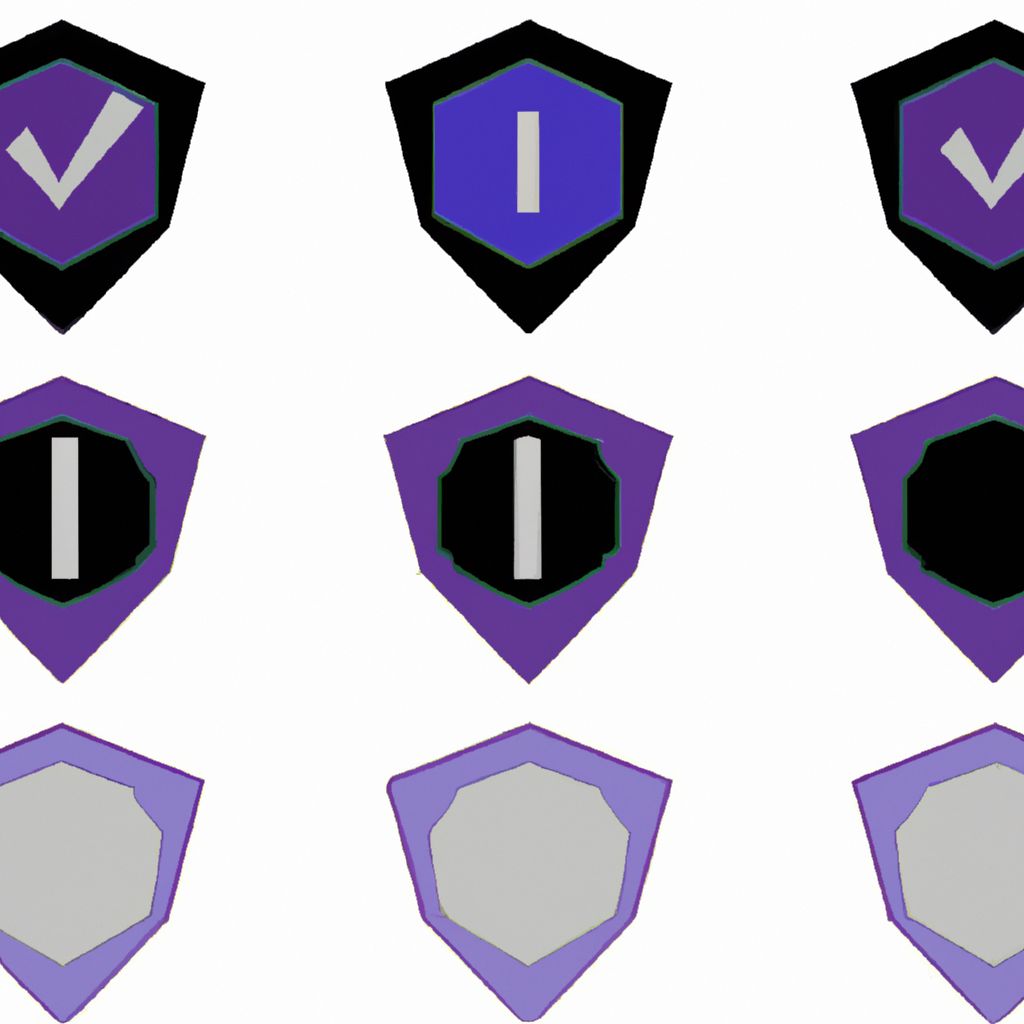Beyond Training: Why a Cyber Security Knowledge Check Matters
You've implemented firewalls, deployed endpoint protection, and maybe even conducted security awareness training. But how do you know if the training is sticking? How confident are you that your employees can recognize and appropriately respond to real-world threats? This is where a cyber security knowledge check becomes essential.
Technology alone cannot provide complete protection. Employees are often the first line of defense – the "human firewall" – but they can also be the weakest link if they lack awareness or understanding of security best practices. A knowledge check is a method for assessing the effectiveness of your security awareness program and identifying areas where employees might be vulnerable.
What is a Cyber Security Knowledge Check?
A cyber security knowledge check is essentially an assessment designed to gauge employees' understanding of key security concepts, policies, and threat recognition skills. It moves beyond simply confirming training attendance to measuring actual comprehension and preparedness.
Common methods for conducting knowledge checks include:
- Quizzes and Questionnaires: Short, targeted quizzes covering topics like password security, phishing identification, safe browsing habits, data handling policies, and incident reporting procedures. These can be administered periodically after training sessions or as standalone assessments.
- Phishing Simulations: Sending controlled, simulated phishing emails to employees to see if they click malicious links, download attachments, or enter credentials. This provides a practical measure of their ability to spot real-world threats. Results should be used for targeted follow-up training, not punishment.
- Scenario-Based Questions: Presenting employees with hypothetical security situations (e.g., finding an unfamiliar USB drive, receiving a suspicious request from "the CEO") and asking how they would respond.
- Interactive Exercises/Games: Gamified learning platforms can incorporate knowledge checks in an engaging way, testing understanding through interactive challenges.
Benefits of Regular Knowledge Checks
Implementing regular cyber security knowledge checks offers significant advantages:
- Measure Training Effectiveness: Determine if your security awareness training program is actually changing behavior and improving understanding, or if adjustments are needed.
- Identify Knowledge Gaps: Pinpoint specific topics or employee groups that require additional training or clarification.
- Reinforce Learning: The act of being tested helps reinforce key security concepts and keeps security top-of-mind.
- Benchmark Progress: Track improvements in security awareness across the organization over time.
- Justify Training Investment: Provide tangible data to demonstrate the value and impact of the security awareness program to management.
- Reduce Risk: By improving employee vigilance and response capabilities, knowledge checks directly contribute to reducing the risk of successful phishing attacks, malware infections, and data breaches caused by human error.
- Foster a Security Culture: Regular assessments signal that cybersecurity is a priority and everyone has a role to play.
Integrating Knowledge Checks into Your Program
For maximum effectiveness, knowledge checks shouldn't be punitive "gotcha" exercises. Instead, integrate them constructively into your overall security awareness strategy:
- Link to Training: Conduct checks after training modules to assess immediate comprehension.
- Regular Cadence: Perform periodic checks (e.g., quarterly phishing simulations, annual quizzes) to gauge long-term retention.
- Anonymize (Initially): Consider anonymized quizzes initially to encourage honest answers and identify broad organizational weaknesses without singling out individuals.
- Targeted Follow-Up: Use results to provide specific, remedial training to individuals or groups who struggle with certain concepts.
- Positive Reinforcement: Acknowledge departments or individuals who perform well in simulations or quizzes.
- Communicate Purpose: Clearly explain why these checks are being done – to strengthen collective defenses, not to punish mistakes.
Conclusion:
Your employees are a critical part of your cybersecurity defenses. A cyber security knowledge check is an invaluable tool for ensuring your human firewall is well-informed, vigilant, and prepared to face modern threats. By regularly assessing understanding and reinforcing good security practices, you can significantly reduce your organization's vulnerability to attacks that target its people.
Disclaimer: This post represents the view of the individual author that wrote it and not necessarily the view of Rarefied Inc.
Looking for professional security testing?
Based on your interest in this topic, you might benefit from our specialized security services:
